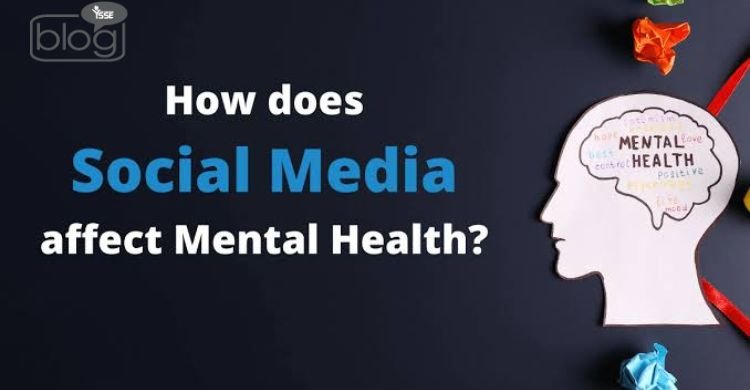While social media can help you connect with people around the world, find things you’re interested in, and find hours of enjoyment, scrolling endlessly can also have detrimental effects. Young adults who use social media are three times more likely to experience depression, according to research, which puts a big percentage of the population at danger for suicidal thoughts and actions.
According to a poll of 1,316 youths in the US between the ages of 13 and 17, 97% of them now use the internet daily, up from 92% in 2014–15. The most remarkable result from the Pew Research Center, meanwhile, may be that 46% of respondents claim they use the internet “nearly regularly” – a considerable increase from 24% in 2014–15.
Out of the platforms examined, YouTube comes out as the most popular among youths, with 95% of respondents reporting having used the website or app at some point. TikTok (67%), Instagram (62%) and Snapchat (59%) are also used by majorities. Since being questioned about in 2014–15, when 52% of teens claimed to use Instagram and 41% of teens claimed to use Snapchat, usage of Instagram and Snapchat has increased.
‘Youth who regularly use social media increased from 24% to 46% between 2014–15 and 2022.
Is it accurate to say that using social media apps could be bad for your mental health?
In a nutshell, yes, social media might be bad for our mental health. The younger generation was raised in an age of social media and constant access to information. We can Google the answer to practically any query, which has reduced our capacity to withstand the discomfort of waiting. We don’t need to wait much longer to find out if the genuine meaning was there. Social media has had significant effects on breaking down barriers between users and audiences. We sometimes post things to social media on the spur of the moment that may not accurately represent our genuine feelings or thoughts.
Spending too much time online and on social media has been associated with negative mental health consequences like loneliness, despair, and anxiety. Too much use of social media, younger people get affected by mental illness.
A dirty secret, mental illness is frequently stigmatized. Many people are reluctant to discuss it, reluctant to ask for assistance, and reluctant to acknowledge that they are struggling. In reality, one of the major barriers to individuals seeking help and receiving it when they most need it is the stigma associated with mental illness.
Being ill with a mental illness is like being ill with any other ailment. It is not an indication of fragility or a deficiency in who you are. It is a genuine, serious ailment that is treatable and has the potential to significantly affect a person’s life. It is extremely terrible that the stigma associated with mental illness frequently discourages people from seeking care. Too many people suffer in silence because they are terrified of being called “mad” or “damaged.” The majority of mental problems are very treatable, thus this is tragic. People with mental illness can and do recover to lead happy, fulfilling lives with the correct support.
” In your surroundings, do you find any youngers who need your support to recover mental illness?
If Yes, do you support him? What process you followed? let share with us “
Tips for Healthy Social Media Use
We are all familiar with how the algorithm operates: the more you look at your phone, the more attractive content it will send to keep your eyes on it. It can be challenging to stop the habit of checking Instagram or TikTok frequently and refreshing to see more, but it’s necessary to take breaks for our physical and emotional well-being. Parents can set a positive example by acting responsibly online. Here are some actions you can take:
☞ The social networking apps should be removed from your phone. You don’t have to cancel your account, although doing so will stop you from constantly refreshing the page when you unlock your phone.
☞ Leave electronics at home. Leave the devices at home and spend time with your family and friends. We all know how difficult it is to give up our phones, but if you give it a try, you’ll see how much more aware you are of your surroundings.
☞ Stop receiving alerts. Turn off social networking app notifications by going to your settings page. You’ll find yourself checking in less if there are no frequent reminders.
☞ Turn on time limits to ensure that the app logs you out when you reach your limit.
To read more blogs, click here.
Jannatul Kawser Riktha
Intern, Content Writing Department
Youth School For Social Entrepreneurs (YSSE)

